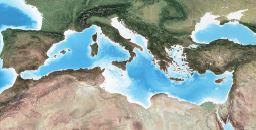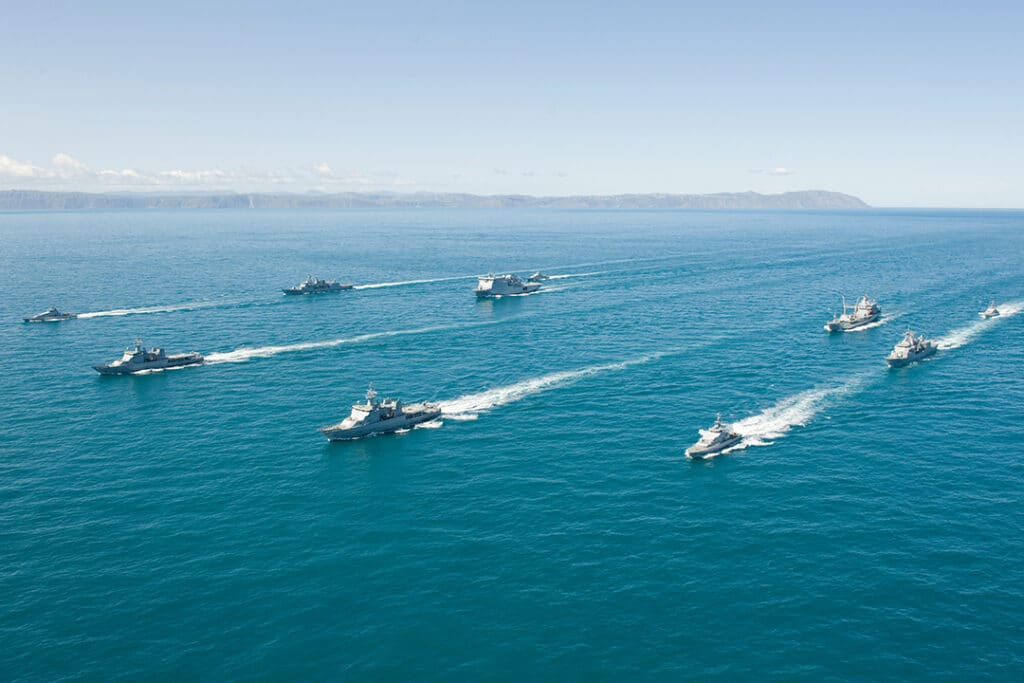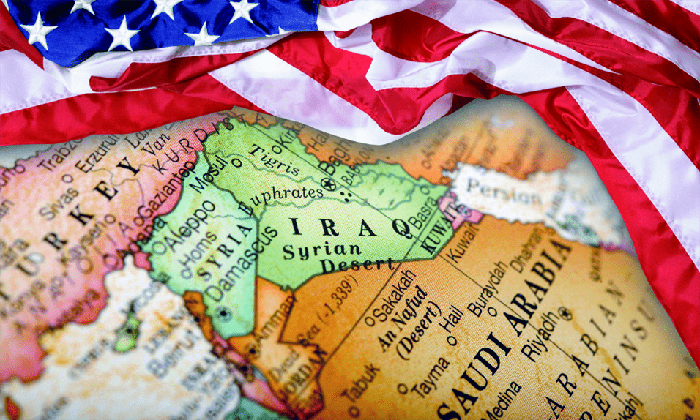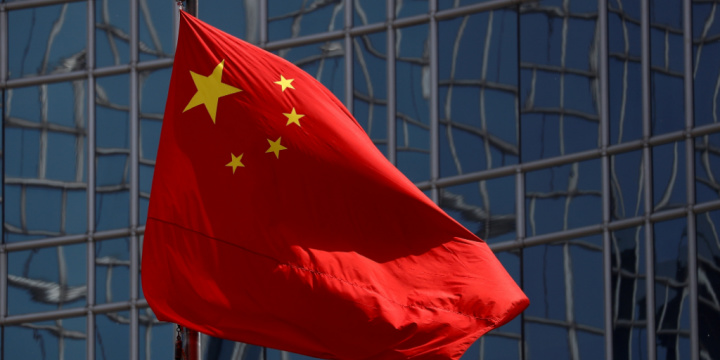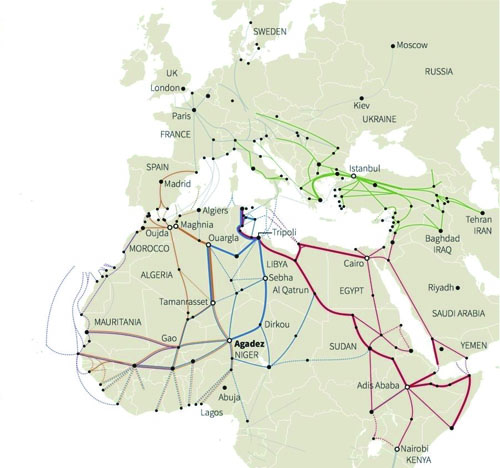Rida Lyammouri is a senior fellow at the Policy Center for the New South (PCNS). He is also a senior West Africa and Lake Chad Basin researcher and advisor, with expertise in regional conflicts,
violent extremism, climate change, migration, and trafficking. His research activities focus on
geopolitics and international relations in the West African Sahel and Lake Chad Basin, regions he
has worked on for 14 years, including in the field.
Amine Ghoulidi is the Convenor of the MENA Research Group at King’s College London, where
he is completing a PhD in geopolitics and security. Previously, Mr Ghoulidi worked in the political
risk practice of a global consulting firm and advised leading international organizations on illicit
transnational networks.

